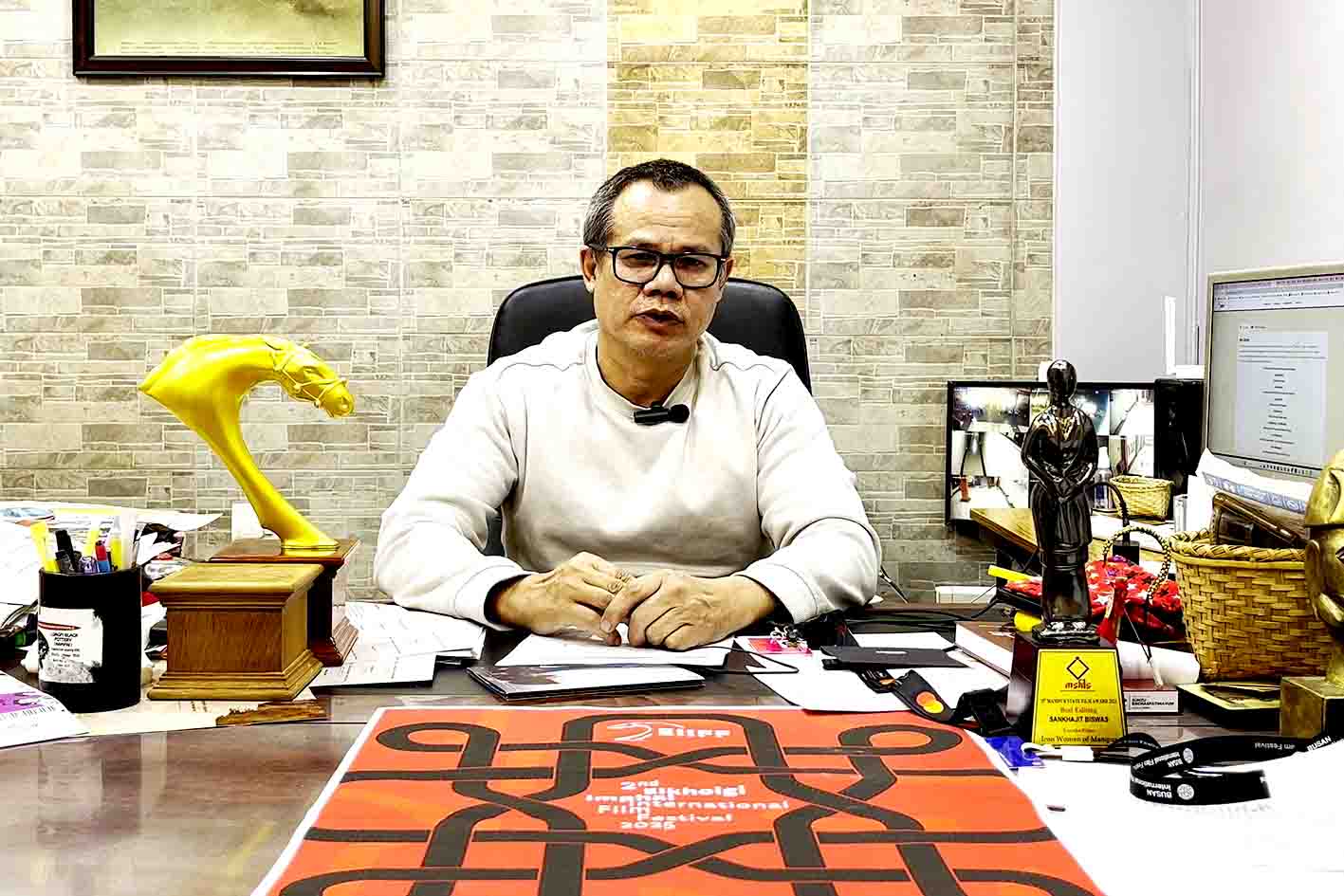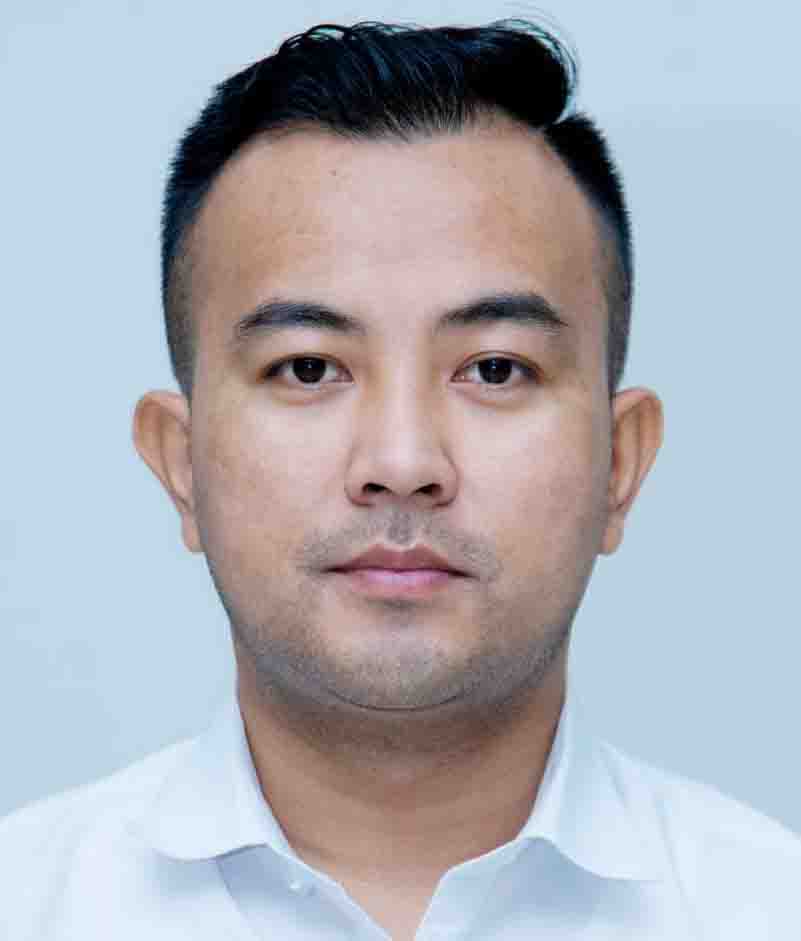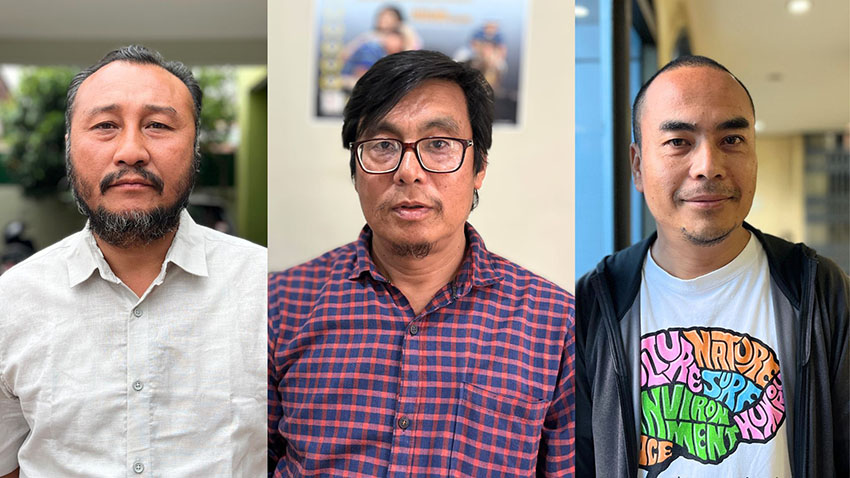Jean-Luc Godard, one of the icons of the French New Wave, once said, “Photography is truth. Cinema is truth 24 frames per second,” emphasizing the power of visual media to reveal truth. Are filmmakers in Manipur equipped with the extensive knowledge of this medium that allows them to showcase how films are not just for entertainment, but also a powerful tool for revealing truth and making a meaningful impact on society? Across India and the world, film festivals are being organized with the primary aim of understanding and harnessing the potential of this medium. In Manipur, despite being marred by violence and uncertainties, numerous meaningful films have been produced and have gained international recognition. However, due to a lack of proper film schools, providing full-fledged courses and international-standard film festivals, the region has yet to make a significant impact on the global cinematic scene. Nonetheless, efforts continue. In February, Manipur is set to host the second edition of the Eikhoigi Imphal International Film Festival (EIIFF), scheduled from February 6 to 9, 2025, at four venues in Imphal. Like never before, this festival will showcase a diverse range of global stories, presenting filmmakers from the region with a unique opportunity to expand their creative visions, reflect on their realities, and learn from the world’s cinematic diversity. This is excellent news for filmmakers and all those involved in the industry, as it aims to enhance the quality of films and production standards. In this context, the Imphal Review of Arts and Politics (IRAP) speaks exclusively with Sunzu Bachaspatimayum, Festival Director of EIIFF and Secretary of the Manipur State Film Development Society (MSFDS), to explore the festival’s objectives and what attendees can expect from this landmark event.
Excerpts from the interview:
IRAP: What is the main objective of the Eikhoi Imphal International Film Festival (EIIFF)?
Sunzu: The Imphal International Film Festival was launched in 2022 as part of the Golden Jubilee, the 50th-anniversary celebrations of Manipuri Cinema . The primary goal of the festival is to enhance the quality and direction of filmmaking in Manipur. By establishing an international platform, we aim to inspire filmmakers to create high-quality productions that showcase the state’s talent and potential. The festival also serves as a means to elevate the status of Manipuri films beyond the state’s borders. By bringing in outside film experts and industry stakeholders to Imphal, we envision transforming the city into a hub for filmmaking.
This year, Manipur is grappling with unprecedented violence and unrest, which has unfortunately led to the state being associated primarily with turmoil. However, Manipur is much more—a land rich in physical prowess, performance arts, and cultural vibrancy. Through this festival, we strive to rebuild Manipur’s image, reaffirm its identity as a creative and cultural space, and demonstrate our commitment to advancing in the field of cinema.
IRAP: What is the current status of Manipuri cinema now in all its formats, like fiction, documentary, and short films?
Sunzu: Before the golden jubilee of Manipuri cinema, the films in Manipur, especially commercial ones, were mostly monochromatic, focusing on themes like family drama and romance. These themes, I feel, were not reflective of the true essence of our society. However, after the golden jubilee, there has been a shift in storytelling. The narratives have started addressing a broader range of social issues, including gender issues, women empowerment, and violence against women, among others. This indicates that Manipuri cinema is heading in the right direction, evolving to tackle relevant and impactful topics.
IRAP: How would the EIIFF address the loopholes or challenges in Manipur cinema?
Sunzu: The loopholes and challenges are that most filmmakers’ vision of marketing their films is not beyond the Manipur state, and therefore, the market is small. Consequently, the technologies used in filming are low-budget. Because of these reasons, the films are not at par with the standard that is being followed outside the state, in national and international film festivals. Even if the films’ story is unique and beautiful, it could not reach such platforms. Therefore, what we need to do is, if we are able to use the standard equipment and technology, stories from Manipur can outreach those platforms.
The advantage of organizing international film festivals like this is that our people would understand through the film festival how feature films, documentaries, or short films are being made outside the state, and how they tell their stories and the techniques and treatments they are using. Moreover, we have masterclasses for fiction films, short films, and documentary filmmaking. In documentary filmmaking, we have an eminent British documentary filmmaker, Sean McAllister, who will give a masterclass on how to make character-driven documentary films. We have a masterclass on marketing, distribution, and monetization of independent films. We have panel discussions and various other programs. For people living in Manipur and northeastern states who could attend this festival, these masterclasses and programs will be beneficial in understanding the world’s trending styles, technologies, and discourses. This festival provides attendees with an excellent opportunity to refine and elevate their skills.
IRAP: What new features and additions can attendees expect in the 2nd edition of the EIIFF, compared to the first edition held in 2022?
Sunzu: The first edition of the festival primarily focused on launching the event and, due to a limited budget, it was quite modest in scale. While our budget is still not very large this time, as we aim to host the festival every two years, the second edition will feature several exciting new additions. For example, we now have a competition section, whereas the first edition was limited to film screenings, with a few Indian filmmakers from outside the state showcasing their films followed by panel discussions. This year, we are introducing competitions in both feature films and documentaries. Although we attempted to include a short film competition, unforeseen circumstances prevented its inclusion this time.
Additionally, we are excited to welcome FIPRESCI (International Federation of Film Critics), a renowned international film critics’ organization. Three independent juries will attend, watch the films, and present their own awards. Another significant addition is NETPAC (Network for the Promotion of Asian Pacific Cinema), whose representatives will watch the films, provide feedback, and in future editions, offer their own awards. This year, we are also bringing together key film industry stakeholders such as producers, film commissioners, and international filmmakers, who will actively participate in the festival.
IRAP: Do you believe it is important for film enthusiasts, filmmakers, actors, cinematographers, or anyone involved in the film industry to attend the EIIFF, and if so, what specific benefits can they gain from participating in the festival?
Sunzu: Anyone involved in the film industry stands to gain a wealth of opportunities and benefits by attending film festivals, particularly well-known ones like the International Film Festival of India in Goa, the Kolkata International Film Festival, and the International Film Festival of Kerala. However, for those in Manipur, traveling to such festivals outside the state can be prohibitively expensive, making it difficult for many to access these valuable opportunities.
This is why we have organized the EIIFF here in Manipur, ensuring that it is of international standards. The festival will showcase regional, competitive, and classic cinema, and we will also host panel discussions and masterclasses designed to build a local film audience. For filmmakers, directors, producers, actors, cinematographers, editors, and sound professionals, the festival offers an incredible chance to gain new knowledge, expand their skills, and deepen their understanding of cinema. These experiences will broaden their creative horizons and help take Manipuri cinema to new heights. We strongly encourage them to participate and fully take advantage of the learning and networking opportunities that the festival provides.
IRAP: How will the general public be able to access the EIIFF 2025, and how have the organizers crafted the event to deliver an authentic international-level experience with its diverse range of activities?
Sunzu: The Manipur State Film Development Society (MSFDS), in association with the Manipur State Film and Television Institute (MSFTI), is organizing the EIIFF, which is already an international-standard film festival. This year’s edition will take place across four venues: the Palace Auditorium of MSFDS, the City Convention Center, Tanthapolis Cinema in Lamphel Sanakeithel, and Kumecs Cinema in Kakwa, which features two screens for film screenings. The festival will feature a rich and diverse lineup of films. There will be a competitive section with both documentary and fiction films, each with eight films. In the “World Lens” section, we will screen eight critically acclaimed international films produced in 2023-2024. A classic films section will include iconic works like Ishanou and others. The “Manipuri Cinema Today” package will present six films showcasing the current trends in filmmaking from Manipur to a national and international audience. Additionally, five remastered Manipuri classic films will be shown for the first time.
This edition of the festival is being organized like never before in Manipur. To access the films and events, the general public must register as delegates. Upon registration, they will receive an identity card that grants them access to screenings and other activities. This registration ensures that the festival attracts individuals who are truly passionate about cinema and eager to engage with these exceptional films.












